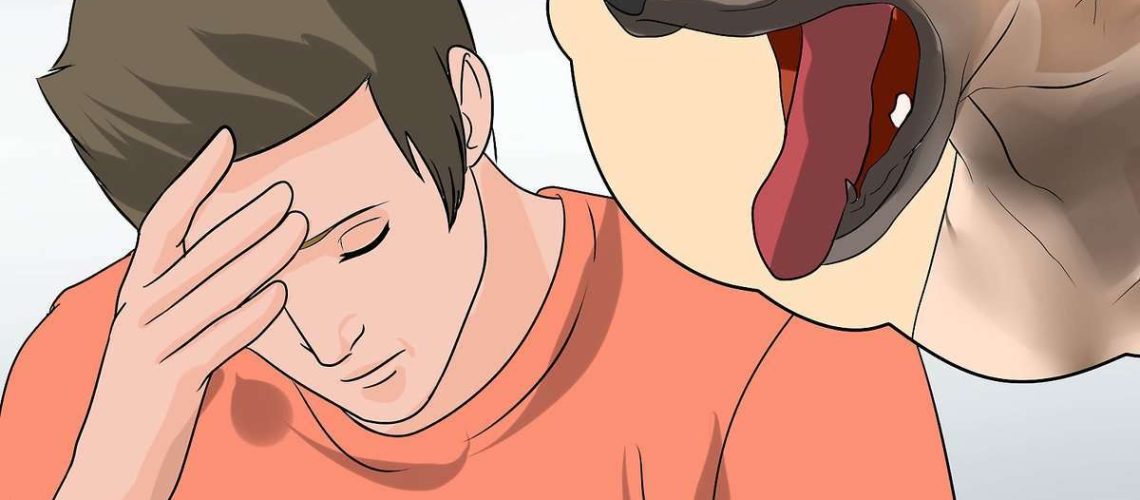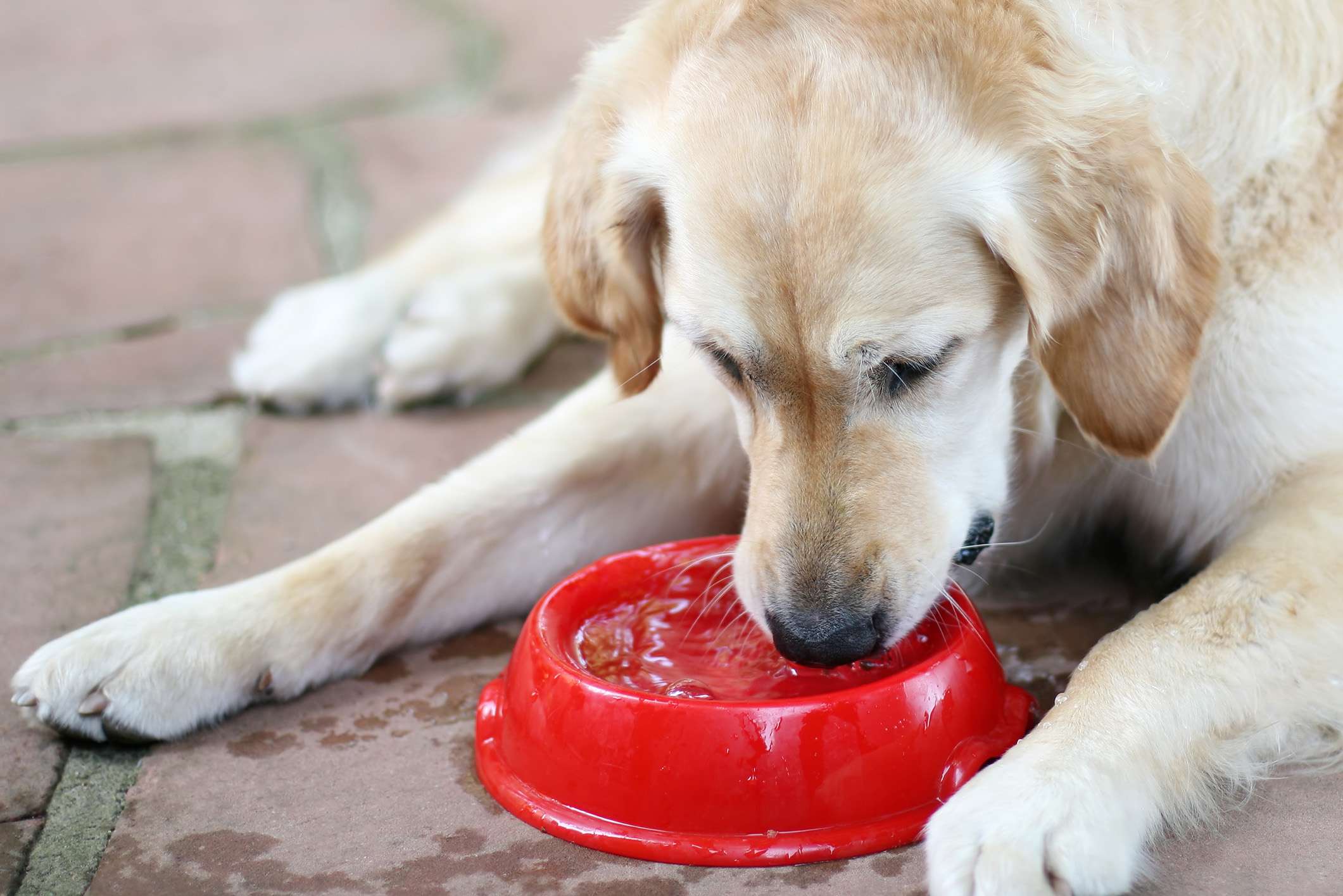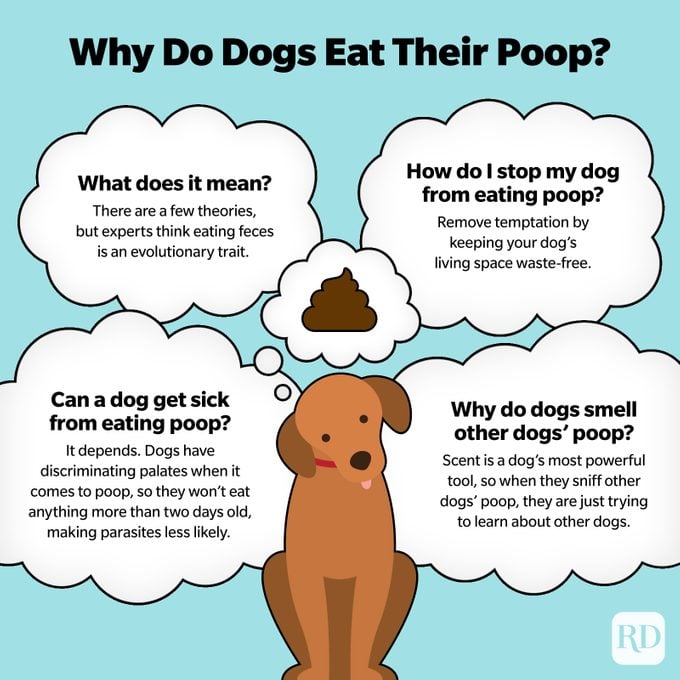Key Takeaways:
- Hiccups in dogs are usually harmless and will go away on their own.
- Some common causes of hiccups in dogs include eating or drinking too quickly, excitement, stress, or swallowing air.
- Gently massaging your dog's chest or offering them a small amount of water may help to alleviate hiccups.
- Avoid scaring or startling your dog when they have hiccups as this can make the hiccups worse.
- If your dog experiences frequent or prolonged hiccups, it is best to consult with a veterinarian to rule out any underlying medical conditions.
Are you a dog owner who has ever experienced the frustration of watching your furry friend suffer from hiccups? If so, you're not alone. Hiccups in dogs can be a common occurrence, but understanding how to get rid of them can bring immense relief to both you and your beloved pet. Imagine being able to alleviate their discomfort quickly and effectively, allowing them to resume their playful and happy selves. In this guide, we will explore simple yet effective methods to help banish those pesky hiccups from your dog's life for good. So let's dive in and discover the secrets to a hiccup-free existence for your furry companion!
Why do dogs get hiccups and what causes them?
When a dog gets hiccups, it can be quite amusing to watch. But have you ever wondered why dogs get hiccups in the first place? Hiccups in dogs are caused by spasms or contractions of their diaphragm, which is a muscle located between their chest and abdomen. Just like humans, dogs have a diaphragm that helps them breathe by contracting and relaxing. Sometimes, this muscle can contract involuntarily, causing the familiar "hic" sound.
The exact cause of hiccups in dogs is not fully understood. However, there are several factors that can trigger these spasms. Excitement or stress can lead to hiccups in some dogs, while others may experience hiccups after eating or drinking too quickly. Additionally, changes in temperature or activity level can also contribute to hiccups in our furry friends.
Factors that can trigger hiccups in dogs:
- Excitement or stress
- Eating or drinking too quickly
- Changes in temperature
- Changes in activity level
Understanding the diaphragm:
The diaphragm is an important muscle for breathing in both humans and dogs. It separates the chest cavity from the abdominal cavity and plays a crucial role in inhalation and exhalation. When we breathe in, the diaphragm contracts and moves downward, allowing the lungs to expand with air. Conversely, when we exhale, the diaphragm relaxes and moves upward, pushing air out of the lungs.

Comparing human and dog hiccups:
While the mechanism of hiccups is similar in both humans and dogs, there are some differences. Dogs tend to have shorter episodes of hiccups compared to humans, lasting only a few minutes to an hour. Additionally, dogs may not experience the same "hic" sound that we do. Instead, their hiccups may manifest as slight spasms or contractions in their abdomen.
Common signs that indicate a dog has hiccups
Hiccups in dogs may seem like a funny occurrence, but they can actually be quite common. If you notice your furry friend experiencing hiccups, there are a few signs to look out for. One common sign is a repetitive, involuntary contraction of the diaphragm, which can cause a slight jerking motion in your dog's body. You may also notice your dog making a "hic" sound or displaying an irregular breathing pattern. Some dogs may even exhibit mild discomfort or restlessness during hiccups.
Additionally, pay attention to any changes in your dog's behavior during hiccups. They may become more alert or seek comfort from their owner. It's important to remember that hiccups in dogs are usually harmless and temporary, lasting only a few minutes to an hour.
Signs of Hiccups in Dogs:
- Involuntary contraction of the diaphragm
- "Hic" sound or irregular breathing pattern
- Mild discomfort or restlessness
- Increased alertness or seeking comfort
Example:
I was playing with my dog when suddenly I noticed him making these cute little "hic" sounds and his body would jerk slightly every few seconds. At first, I wasn't sure what was happening, but after observing him for a while, I realized he had hiccups! He seemed perfectly fine otherwise and didn't show any signs of distress. It was actually quite amusing to watch him hiccuping away!
Are hiccups harmful to dogs, or just a normal occurrence?
If you're worried about your furry companion experiencing hiccups, rest assured that they are usually harmless and considered a normal occurrence in dogs. Hiccups occur when the diaphragm, a muscle responsible for breathing, contracts involuntarily. This contraction causes a sudden intake of air, resulting in the characteristic "hic" sound.
In most cases, hiccups in dogs are temporary and resolve on their own without any intervention. They are often triggered by excitement, eating or drinking too quickly, or even changes in temperature. However, if your dog's hiccups persist for an extended period of time or become more frequent and intense, it may be worth consulting with a veterinarian to rule out any underlying health issues.
Common Causes of Hiccups in Dogs:
- Excitement
- Rapid eating or drinking
- Changes in temperature
Example:
I was initially concerned when my dog started hiccuping because I didn't know if it was something serious. But after doing some research and speaking with my vet, I learned that hiccups are actually quite common in dogs and usually nothing to worry about. They can happen for various reasons like when my dog gets really excited during playtime or if he eats his food too quickly. It's good to know that hiccups are just a normal part of being a dog!
Foods or treats that can trigger hiccups in dogs and should be avoided
While hiccups themselves are typically harmless, certain foods or treats can potentially trigger them in dogs. It's important to be aware of these triggers and avoid feeding them to your furry friend to minimize the chances of hiccups occurring.
One common culprit is gulping down food or water too quickly. When dogs eat rapidly, they may swallow air along with their meal, leading to hiccups. To prevent this, consider using slow-feed bowls or dividing their meals into smaller portions. Additionally, avoid giving your dog fatty or spicy foods, as these can irritate the diaphragm and potentially trigger hiccups.
Foods and Treats to Avoid:
- Fast-eating or drinking
- Fatty foods
- Spicy foods
Example:
I used to give my dog large chunks of fatty meat as a treat, but I noticed that he would often get hiccups afterward. After consulting with my vet, I learned that fatty foods can irritate his diaphragm and contribute to hiccups. Since then, I've made sure to avoid giving him any fatty or spicy treats and have started using a slow-feed bowl for his meals. These simple changes have significantly reduced the occurrence of hiccups in my furry friend!
Simple techniques and home remedies to help alleviate hiccups in dogs
If your dog is experiencing hiccups and you want to provide them with some relief, there are a few simple techniques and home remedies you can try. One effective method is gently massaging your dog's chest or back while they hiccup. This can help relax their diaphragm and alleviate the spasms causing the hiccups.
You can also try distracting your dog by engaging them in an activity they enjoy, such as playing fetch or going for a walk. By redirecting their focus, you may be able to interrupt the hiccup cycle and help them stop hiccuping.
Techniques and Home Remedies:
- Gentle chest or back massage
- Distracting activities (e.g., playing fetch, going for a walk)
Example:
When my dog gets hiccups, I've found that gently massaging his chest or back can work wonders in relieving them. I simply use my fingertips to apply light pressure and make circular motions. It seems to relax his diaphragm and helps the hiccups subside faster. If that doesn't do the trick, I'll distract him by playing his favorite game of fetch or taking him for a short walk. These techniques have been quite effective in stopping his hiccups!
When to seek veterinary assistance if your dog's hiccups persist or worsen
In most cases, hiccups in dogs are harmless and resolve on their own. However, there are instances where it may be necessary to seek veterinary assistance if your dog's hiccups persist or worsen.
If your dog experiences prolonged episodes of hiccups lasting more than an hour or if they occur frequently throughout the day, it could be a sign of an underlying health issue. Additionally, if your dog shows signs of distress, such as excessive drooling, difficulty breathing, or vomiting during hiccups, it is important to consult with a veterinarian immediately.
Signs to Watch Out For:
- Prolonged episodes lasting more than an hour
- Frequent occurrence throughout the day
- Excessive drooling during hiccups
- Difficulty breathing during hiccups
- Vomiting during hiccups
Example:
I noticed that my dog's hiccups were lasting longer than usual and occurring multiple times a day. He also seemed distressed and was drooling excessively during the episodes. Concerned about his well-being, I immediately contacted my vet and described the symptoms. They advised me to bring him in for an examination to rule out any underlying health issues. It turned out that my dog had a minor respiratory infection, which was causing the persistent hiccups. Thanks to early intervention, he received the necessary treatment and made a full recovery!
In conclusion, hiccups in dogs are usually harmless and will go away on their own. However, if they persist or cause discomfort, simple remedies like giving them water or distracting them with treats can help stop the hiccups. Remember to always consult a veterinarian if you have any concerns about your dog's health.
How long can dog hiccups last?
Typically, hiccups in dogs only last for a short period of time, usually a few minutes, but it is considered normal for them to last up to 10-15 minutes. However, if your dog's hiccups persist for over an hour or are accompanied by breathing difficulties, coughing, vomiting, or any other signs of illness, it is important to seek veterinary assistance immediately.
Do dog hiccups go away on their own?
Typically, dog hiccups will resolve themselves within a few minutes. However, if the hiccups persist and your dog seems uncomfortable, there are a few remedies you can attempt. Massaging your dog's stomach can help relax them and regulate their breathing, potentially alleviating the hiccups.
What causes dog hiccups?
Dog hiccups occur when a dog ingests excessive amounts of air, often due to fast eating or drinking, stress, intense play, excitement, or inhaling something irritating. Severe anxiety or rapid breathing can also result in contractions of a dog's diaphragm.
Why does my dog keep hiccuping and gagging?
Digestive issues such as gastritis, reflux, ulcers, parasites, or foreign objects can easily cause hiccups in dogs. It may be necessary to temporarily switch to a simple, easily digestible diet until they recover. Your veterinarian can properly diagnose and treat gastrointestinal problems.
When should I be concerned about my dogs hiccups?
If your dog's hiccups persist for several hours or if they start wheezing or experiencing irregular or difficult breathing, it is advisable to consult a veterinarian. Prolonged hiccups may indicate a more severe underlying issue.
Why is my puppy hiccuping non stop?
Puppies may experience hiccups due to various reasons such as overeating, exposure to cold temperatures, rapid consumption of food or water, irritation in their throat, or when they are tired, excited, or stressed.

















